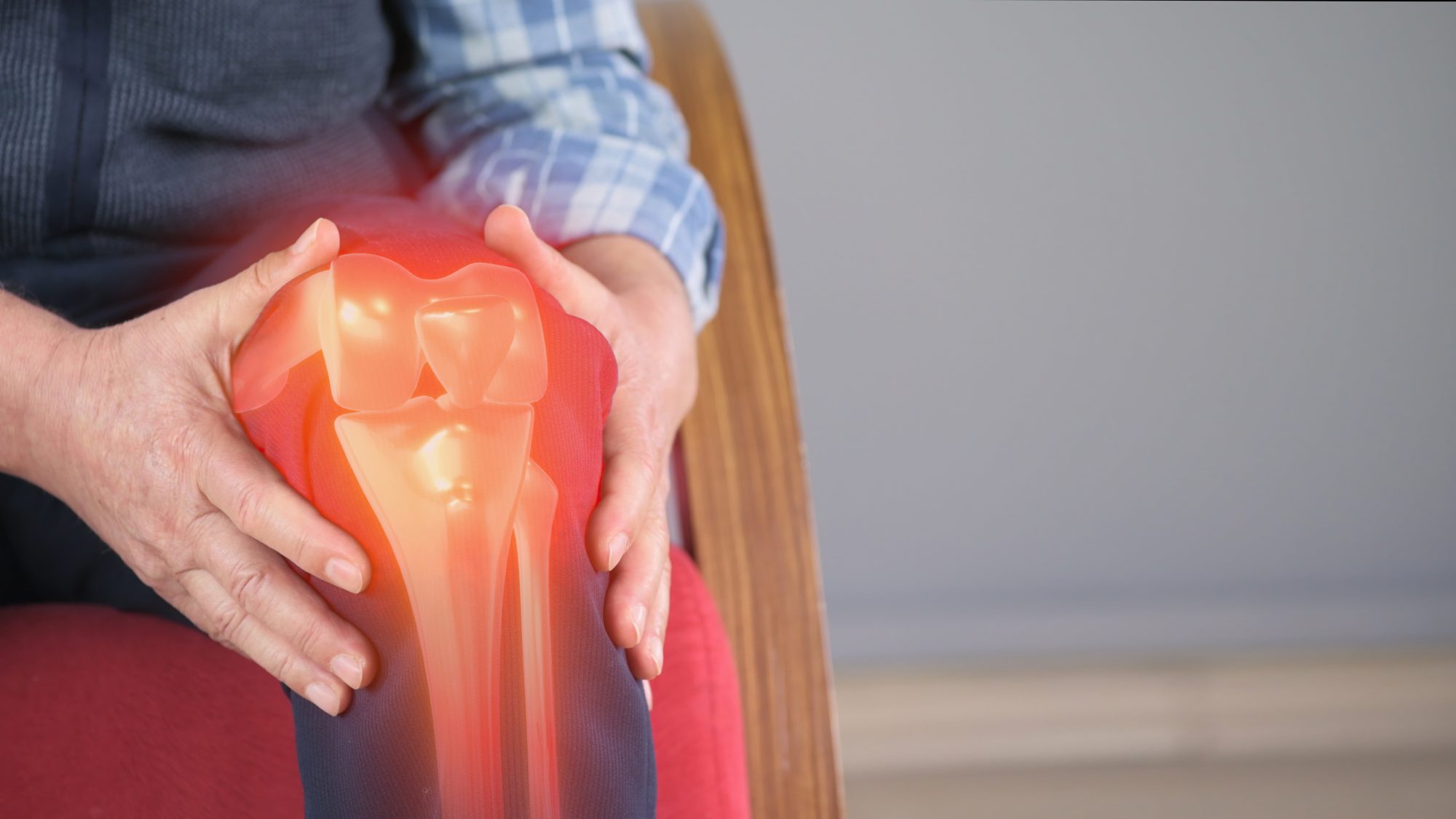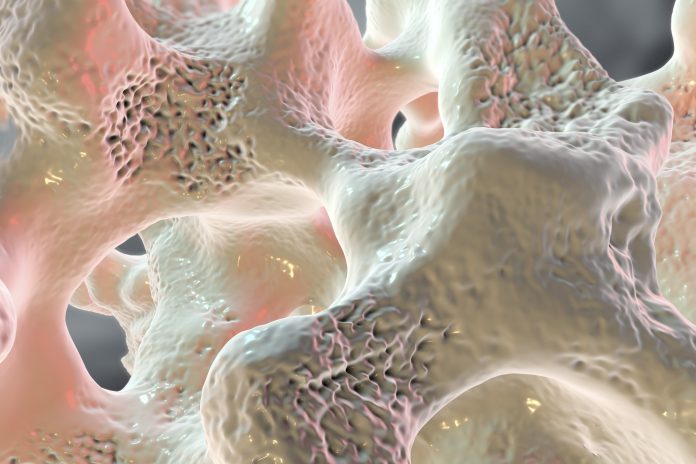A groundbreaking study demonstrates the efficacy of administering a previously injection-only medication for osteoporosis through an innovative robotic pill
The study presented at the prestigious Endocrine Society’s annual meeting in Chicago (ENDO 2023) has unveiled a remarkable breakthrough in the treatment of osteoporosis by providing an oral administration option.
Clinical evidence of safe and successful delivery
Dr. Arvinder Dhalla, PhD, a prominent figure leading Clinical Development at Rani Therapeutics, the San Jose-based company behind this groundbreaking technology, expressed immense optimism.
“We are thrilled to provide the first clinical evidence of safe and successful oral delivery of the osteoporosis drug teriparatide through our pioneering robotic pill,” said Dr. Dhalla.
Offering hope to individuals suffering from chronic conditions
The study’s data is highly encouraging, offering hope to individuals suffering from chronic conditions, such as osteoporosis, that entail painful injections. It signals the possibility of an oral alternative being on the horizon.
Painless administration through an innovative mechanism
When ingested, the robotic pill effectively traverses the stomach without any damage. Upon reaching the intestine, it deploys a self-inflating balloon equipped with a microsyringe.
This microsyringe then injects a drug-filled microneedle, ensuring the seamless delivery of the medication.
Dr. Dhalla explained the painless nature of the process, stating, “The intestines do not have pain response to needles, so the injection is painless,”
Ultimately, the dissolvable microneedle promptly disintegrates, allowing the medication to be absorbed while the delivery mechanism safely deflates and exits the body.
Promising study results and comparable bioavailability
The robotic pill, essentially a swallowable auto-injector in pill form, has successfully demonstrated its ability to deliver the drug safely and efficiently through painless intestinal injections.
To assess the safety, reliance, and mobility of the robotic pill throughout the body, 39 fit women took part in the Phase I trial. The teriparatide (PTH 1-34) tablet, also known as RT-102, provided a precise amount of this artificial version of the human parathyroid hormone.
Teriparatide, under the brand name Forteo®, has long been utilised through injectable means to rebuild brittle bones in osteoporosis patients, requiring daily injections for up to two years.
As part of the study, the participants were divided into distinct groups of three. In an innovative approach, the first two groups were administered varying doses of medication through an advanced robotic pill, while the third group followed the conventional route of receiving a standard teriparatide injection.
To gain precise insights into the pill’s trajectory within the body, the researchers employed fluoroscopic imaging, diligently tracking its movement.
Additionally, throughout a six-hour timeframe, the researchers collected blood samples and subjected them to analysis to precisely measure the concentration of the drug.

A new alternative to injections for osteoporosis
Remarkably, the study revealed that the bioavailability of the drug delivered by the robotic pill was comparable to, or even superior to, the injection-based approach.
Bioavailability of the drug delivered by the robotic pill was comparable to, or even superior to, the injection-based approach
Dr. Dhalla enthusiastically declared, “This breakthrough technology of converting injections into oral pills is a significant step forward towards ending the burden of painful injections for millions of patients suffering from chronic diseases,”
In conclusion, the study showcased a remarkable breakthrough in the field of osteoporosis treatment by introducing an oral administration method through the ingenious robotic pill.
This pioneering technology has the potential to revolutionise treatment options for patients, providing a painless alternative to injections.
The study’s findings instil hope for individuals suffering from chronic conditions like osteoporosis, promising relief from the ordeal of painful injections.














